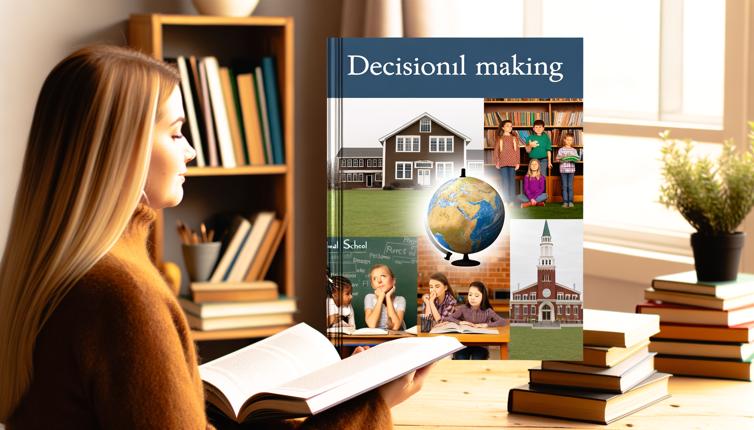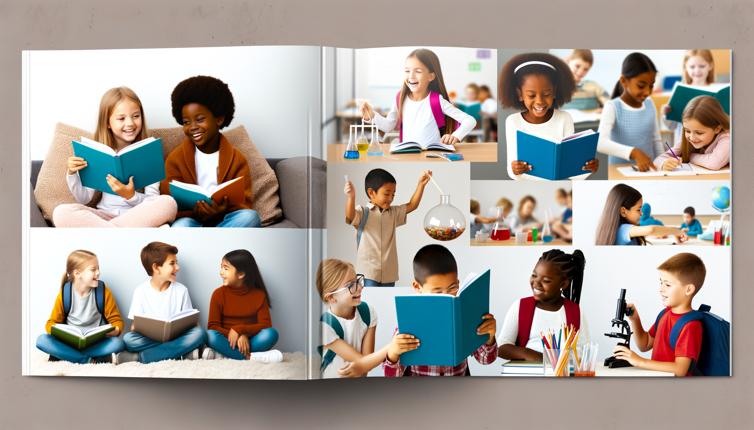Homeschooling vs. Traditional School
Homeschooling and traditional school are two options for educating children, each with its own advantages and disadvantages.,Homeschooling allows for a more personalized and flexible approach to education. Parents can tailor the curriculum to their child's needs and interests, and there is more flexibility in scheduling and pace of learning. It also provides an opportunity for stronger family bonds and a closer parent-child relationship. However, homeschooling requires a significant commitment of time and effort from parents, who need to be actively involved in their child's education.,On the other hand, traditional school provides a structured and social learning environment. Children have the opportunity to interact with peers and learn from trained teachers. They also have access to a wide range of resources and extracurricular activities. However, traditional schools may not always cater to individual learning styles and may have rigid schedules and curricula. It may also be challenging for children who struggle with traditional teaching methods or have special educational needs.
Public vs. Private School
Public and private schools are two options within the traditional school system, and each has its own pros and cons.,Public schools are funded by the government and are open to all students. They are generally more affordable and provide a diverse student body. Public schools also adhere to state standards and regulations. However, class sizes may be larger, and there may be limited resources and extracurricular options.,Private schools, on the other hand, are funded by tuition and private donations. They often have smaller class sizes and can provide more individual attention to students. Private schools also have more flexibility in their curriculum and teaching methods. However, private schools can be expensive and may not be accessible to all families. Additionally, they may have specific admission requirements and may not offer as much diversity as public schools.
Finding the Right Fit
When choosing between homeschooling and traditional school, as well as between public and private school, it is important to consider the individual needs and preferences of your child and family.,Think about your child's learning style, strengths, and weaknesses. Consider their social and emotional needs and how they thrive in different environments. Reflect on your own values and priorities as a family. What are your educational goals and what kind of educational experience do you want for your child?,Research and visit different schools or homeschooling programs to get a sense of the learning environment and approach. Talk to other parents and educators for recommendations and insights.,Ultimately, finding the right fit for your child's education requires careful consideration, exploration, and ongoing communication with your child and their teachers. Remember that there is no one-size-fits-all solution, and what works for one child may not work for another.
Conclusion
Making choices about your child's education is a deeply personal decision. It involves weighing various factors such as your child's individual needs, your family's values, and the available resources and options. Whether you choose homeschooling or traditional school, public or private school, what matters most is finding the educational environment where your child can thrive and reach their full potential.









